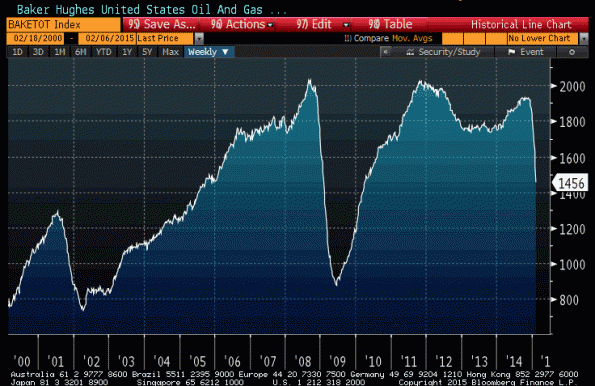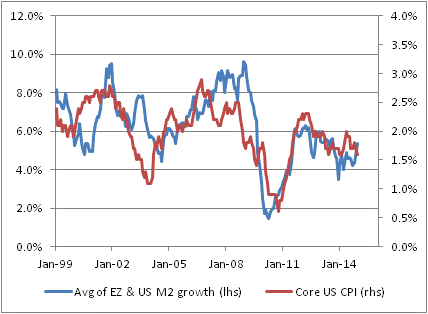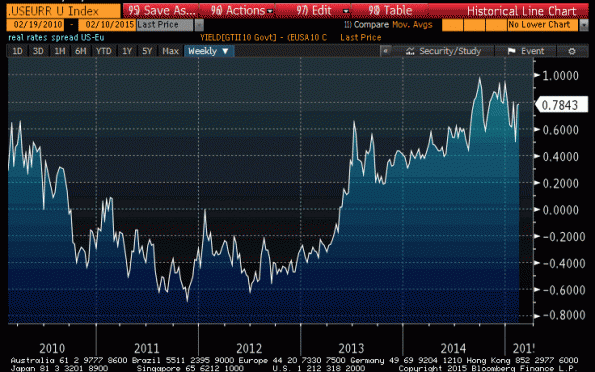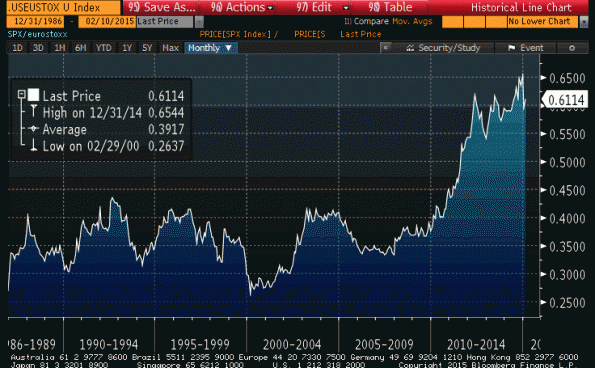Sometimes being a value investor, amid overvalued (and ever more so) markets, feels a bit like being a Stark in Westeros. The analogy will be lost on you if you do not follow Game of Thrones, but the Starks hold the largest of the sub-kingdoms in Westeros. This kingdom also happens to be the coldest, and the sober Starks are always reminding people that “Winter is coming.”
I should observe that winter in Westeros is a much more serious affair than it is around here; it comes at odd intervals but can last for years. So being prepared for winter is really important. However, getting people to prepare for winter during the long “summer” is very difficult.
Sound familiar? The thing to keep in mind is that the Starks are always right, eventually, and they’re the ones who come through the winter in the best shape. Such is the case with value investors. (Some people might prefer calling value investors who are bearish on stocks right now “Chicken Littles” but I prefer being compared to Ned Stark, thanks. Although both of them have been known to lose their heads on occasion.)
Fortunately, it does not appear that winter is coming to the U.S. very soon. Friday’s Employment report was strong, despite the beginnings of downsizing in the oil and gas extraction businesses. The chart below shows the Baker Hughes (NYSE:BHI) oil and gas rig count, which is falling at a rate every bit as fast as it did in the credit crisis.

Yet, the U.S. economy as a whole generated 267,000 new jobs last month, which was above expectations. It is unlikely that this pace will continue, since the extraction (and related industry) jobs will be a drag. But in 2008, this happened when every other industry was being squeezed, and in the current case other industries are being squeezed by the strong dollar, but only mildly so.
I think this will actually serve to increase the labor force participation rate, which has been in a downtrend for a long time – because laid-off oil workers will still be in the labor force looking for work, while other jobs will be getting filled by (sometimes) discouraged workers coming off the sidelines. So we may well see the Unemployment Rate rise even as jobs growth remains reasonable, even if less robust than the most recent figures.
Winter, though, is still coming.
In the near-term, winter is coming to Europe. Unusually, it is moving from the south to the north because Greece appears to be finally heading for the denouement that has been utterly unavoidable from the beginning. I wrote this in June 2012 (and I wasn’t the only one saying such things – the only real question has been how long it would take before the Greeks decided they’d had enough of sacrifice to hold together the Eurozone for the elites):
Greece will still leave the Euro. Government or no government, austerity or no austerity – the fiscal math simply doesn’t make sense unless Europe wants to pay for Greece forever. In principle, the Greeks can dig themselves out of trouble if they work harder, retire later, pay more taxes, and receive fewer government services. I do believe that people can change, and a society can change, under pressure of crisis. Remember Rosie the Riveter? But the question is whether they can change, whether they will change, do they even want to change, if the benefit of the change flows not to Greece’s people but to the behemoth European institutions that have lent money to Greece?
If a person declares bankruptcy, and the judge declares that he must pay all of his wages for the next thirty years, after deducting enough for food and shelter, to the creditors…do you think that person is going to go looking for a 60-hour workweek?
Am I sure that Greece is going to leave the Euro in a week, or a month, or a year? Not at all. The institutional self-preservation meme is very strong and I am always amazed at how long it takes obvious imperatives to actually happen.[1] But I am quite confident that Greece will eventually leave the Euro, and it does seem as if parties on all sides of the negotiating table are coming to that conclusion as well.
One question that authorities have had to come to peace with first was whether Grexit is really Armageddon. I have argued that default and an exit from the Euro is not bad for Greece, at least when compared to a multi-year depression.
And it’s probably not even horrible for Europe, or the world at large, at least compared to the credit crisis, despite all protestations that this would be “Lehman squared.” Again, this is old news and as I lay out the reasoning here there is no reason to repeat myself.
But it won’t be a positive thing. And it is likely to bring on “winter,” economically. Helpfully, the world’s central banks not only remain in easing mode but are increasing the dovishness of their stance, with the ECB foremost among the central banks that are priming the pumps again. M2 money growth in the Eurozone was up to 4.5% y/y in December (latest data available), with the highest quarter-over-quarter growth rate (8.3%, annualized) in money since the end of 2008!
Meanwhile the Fed, while it is no longer adding to reserves, is still watching the money supply grow at 6% y/y with no good way to stop it. For all the talk about the FOMC hiking rates by mid-year, I think the probable rise in the Unemployment Rate discussed above, plus the weak inflation readings (with the notable exception of Median CPI), plus the fact that all other central banks are easing and likely to continue doing so, plus the probability of turbulence in Europe, makes it very unlikely that this Committee, with a very dovish makeup, will be tightening any time soon.
The likely onset of some winter will not help hold down inflation, however. Upward pressures remain, and the fact that the ECB is now running the pumps makes higher prices more likely. Yes, we care about money supply growth in Europe: the chart below shows the M2 growth of the US and Europe combined, against core CPI in the US. The fit is actually better than with US CPI alone.

Now, some markets are priced for winter and some are not. We think that real interest rates in Europe are far too low compared to real rates in the US, and stock prices in the US are too high compared to stock prices in Europe. The first chart below shows the spread of 10-year real rates in the US minus Europe (showing US yields are high compared to European yields); the second chart shows the ratio of the S&P 500 to the Eurostoxx 50.


You can see in the latter chart that the out-performance of the S&P has proceeded since 2009, while the under-performance of US inflation-linked bonds has only happened since 2012, so these are not simply two ways of looking at the same trade. In both cases, these deviations are quite extreme. But the European economy and the US economy are not completely independent of one another; weak European growth affects US corporate entities and vice-versa, and as I suggest above the growth of European money supply tends to affect US inflation as well. We think that (institutional) investors should buy TIPS and sell European linkers, and also buy European stocks against US stocks. By doing both of these things, the exposure to currency flows or general trends in global equity market pricing is lessened. (Institutional investors interested in how we would weight such a trade should contact us.)
[1] As another example, take the shrinking of Wall Street. It was obvious after 2008 that it had to happen; only recently, however, as banks and dealers have been forced to become more and more like utilities have we started to see layoffs while stocks are rising, which is very unusual. But Wall Street defended the bloated structures of the past for more than six years!
